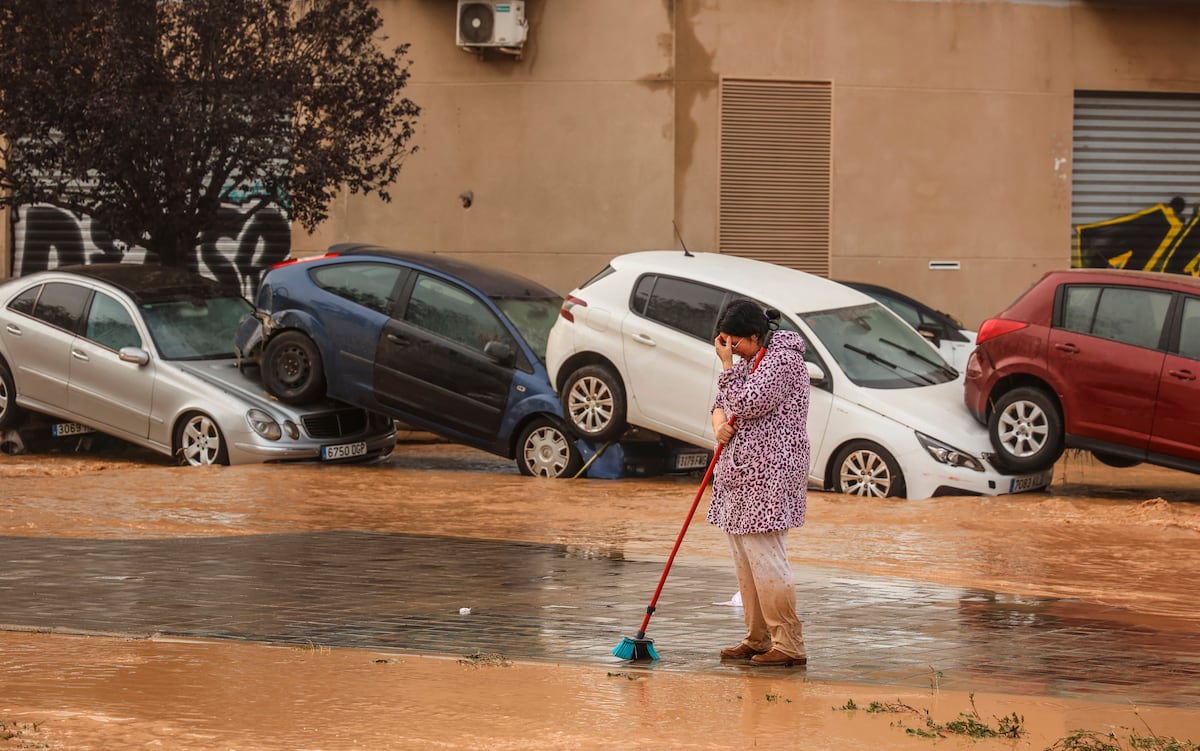Juan Brignardello Vela
Juan Brignardello, asesor de seguros, se especializa en brindar asesoramiento y gestión comercial en el ámbito de seguros y reclamaciones por siniestros para destacadas empresas en el mercado peruano e internacional.




This Tuesday, a new earthquake with a magnitude of 4.2 on the Richter scale shook the province of Granma, in eastern Cuba, at a time when the region is still facing the aftermath of recent natural disasters. The tremor occurred at 6:11 AM (11:11 GMT) and its epicenter was located approximately 20.5 kilometers southwest of the municipality of Pilón, the nearest locality to the strong earthquakes that impacted the area on November 10, when magnitudes of 6.4 and 6.7 were recorded. The National Center for Seismological Research (Cenais) has reported that the earthquake was felt in several localities of Granma, as well as in the municipalities of Guamá and Santiago de Cuba, which has generated growing concern among residents who are still recovering from the devastating effects of the recent tremors. So far, authorities have not reported any material damage or casualties following Tuesday's quake, leading many to question the state's capacity to respond to emergency situations. The earthquakes of November 10 already caused significant devastation, leaving 10 people injured and more than 8,600 homes affected in the region. Among these, 156 suffered total collapses and nearly 6,000 experienced minor damage, according to a preliminary government report. The extent of the devastation has led recovery to be considered a difficult and prolonged process, increasing the anxiety of residents who are still struggling to return to normalcy. Since November 10, about 4,559 aftershocks have been recorded in the same area, a figure that underscores the geological instability characterizing the region. Cenais has indicated that at least 106 earthquakes have been felt near the epicenter, keeping the population on alert. This situation is further aggravated by the fact that eastern Cuba is still recovering from the devastation caused by Hurricane Óscar, which resulted in a tragic toll of eight deaths, flooding, and numerous material damages. The Oriente geological fault, the main area of seismic activity in Cuba, has been responsible for most of the earthquakes in the country. In 2023, a total of 7,475 tremors were recorded, of which 14 were perceptible, with magnitudes ranging from less than 3 to up to 5.9. This statistic raises concern among experts and citizens, who wonder about the country's preparedness to face seismic activity that seems relentless. The emergency situation is further complicated by the economic crisis that has been hitting the Caribbean country for several years. The Cuban dictatorship has anticipated that the Gross Domestic Product (GDP) will suffer a contraction in 2024, affected by the recent natural disasters as well as the prolonged energy crisis. This economic context has led authorities to face enormous challenges in providing assistance to those affected and rebuilding damaged communities. The economic impacts of the crisis are palpable in the daily lives of Cubans, where many are forced to deal with rampant inflation and a growing deficit. Although the government has implemented some measures to correct distortions, these do not seem sufficient to reverse the deteriorating situation afflicting the country. The lack of economic resources and weakened infrastructure further complicate any recovery efforts. In the midst of this adversity, solidarity among citizens has become a fundamental pillar. Communities are organizing to support each other in rehabilitating homes and caring for the injured, while hope becomes a vital resource. However, the lack of an effective response from the government generates distrust and frustration among those who expect swift and adequate attention to their needs. The future of Cuba, amid these natural disasters and a deep economic crisis, is uncertain. The combination of earthquakes, hurricanes, and a recessionary economy leaves millions of Cubans in a vulnerable situation, hoping that authorities will take effective measures to ensure their safety and well-being. In a country where natural disasters seem to be increasingly frequent, resilience and preparedness are more important than ever.







